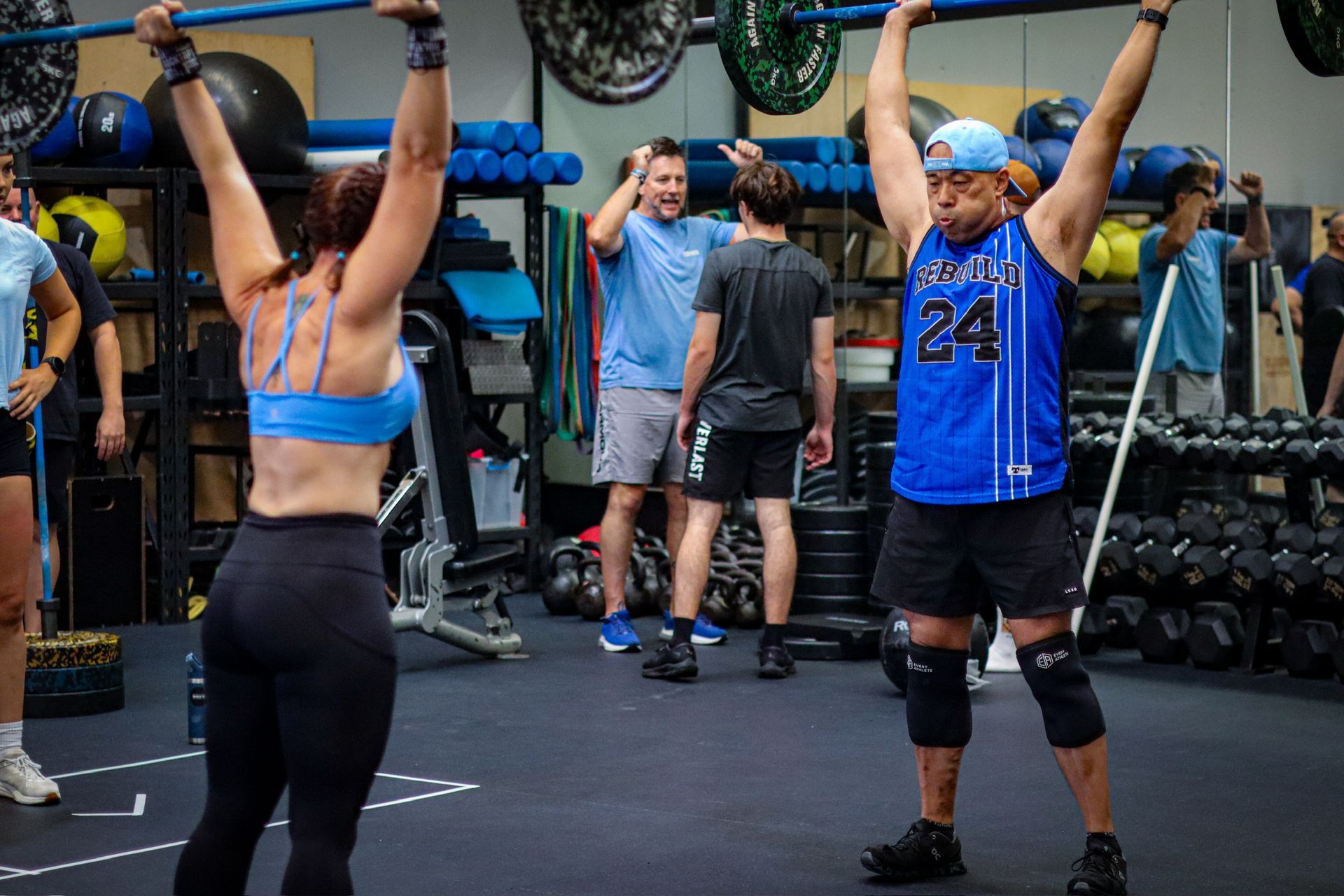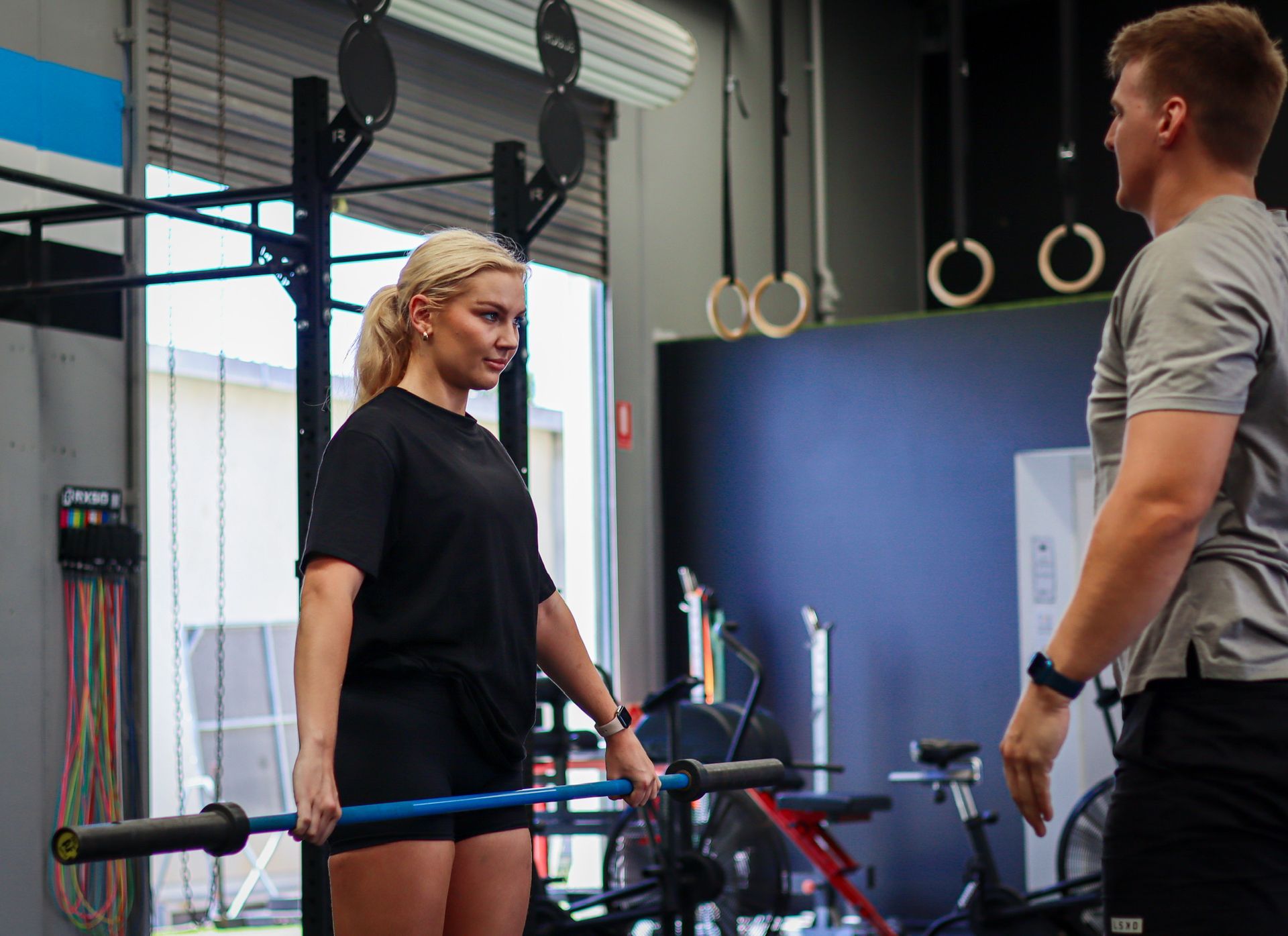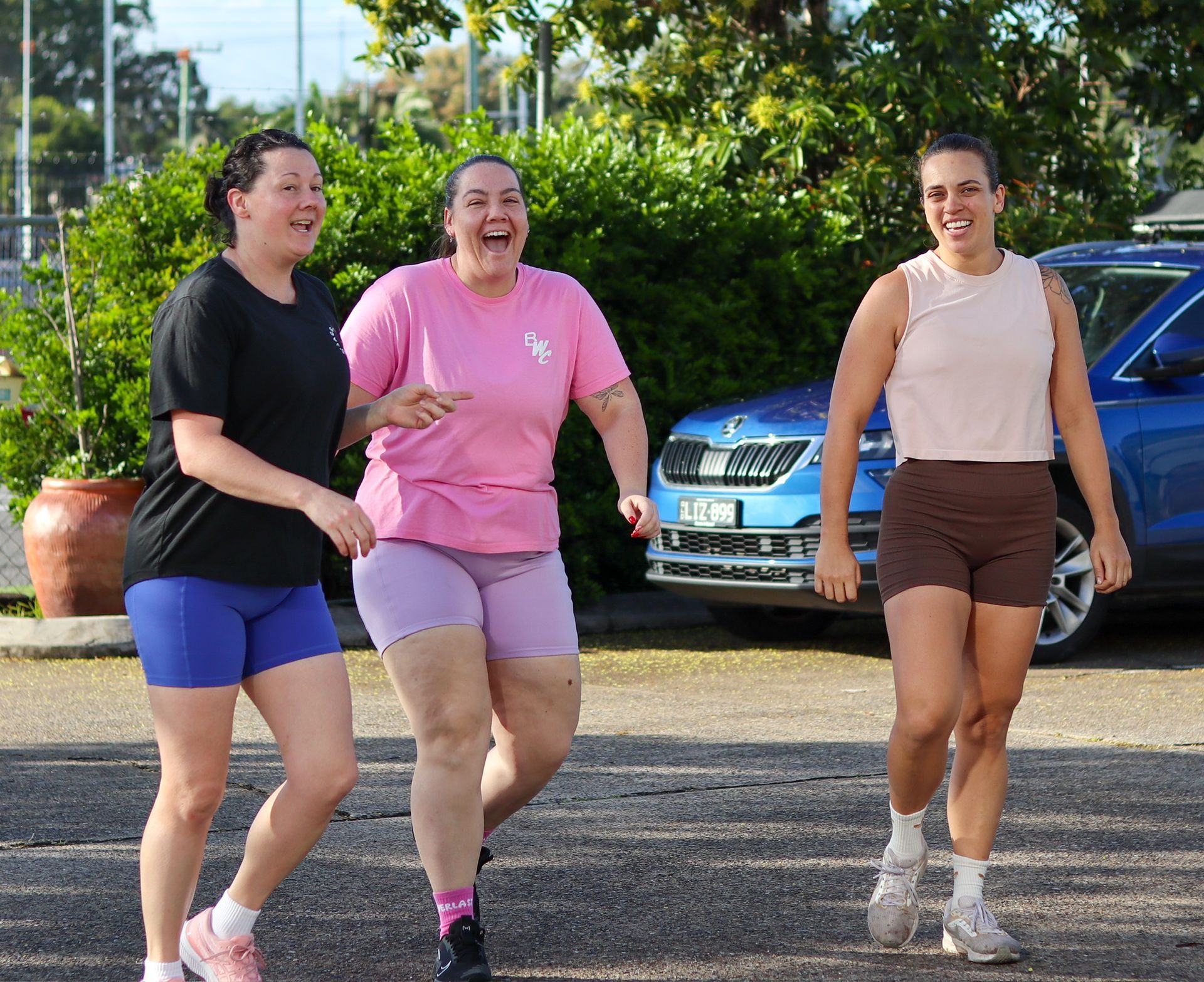How To Build Muscle Mass Faster
Building muscle is a common goal for many people who frequent the gym. Whether you're looking to bulk up or just tone your muscles, there are a few key things to keep in mind when it comes to building muscle.Strength TrainingStrength training is one of the most important components of building muscle. By lifting weights, you'll be putting stress on your muscles, which will cause them to grow stronger and bigger over time. When you lift weights, be sure to focus on the major muscle groups, such as your chest, back, legs, and shoulders. Aim to lift weights at least two or three times per week, and gradually increase the weight and intensity over time.Progressive OverloadTo continue building muscle over time, you need to gradually increase the stress you put on your muscles. This is known as progressive overload, and it's a key principle of muscle building. As your muscles adapt to the stress of lifting weights, you'll need to gradually increase the weight, reps, or sets to keep challenging them. This can help prevent plateaus in your progress and keep you moving toward your muscle-building goals.Proper NutritionIn addition to strength training, proper nutrition is essential for building muscle. You'll need to consume enough calories to support muscle growth, as well as enough protein to provide the building blocks for muscle tissue. Aim to consume at least 1 gram of protein per pound of body weight per day, and focus on whole foods that are rich in nutrients. Foods like lean meats, eggs, dairy products, nuts, and legumes can all help support muscle growth.Rest and RecoveryRest and recovery are also important components of building muscle. When you lift weights, you're actually breaking down your muscles. It's during rest and recovery that your body repairs and rebuilds the muscles, making them stronger and bigger. Aim to get at least 7-8 hours of sleep per night, and give your muscles time to recover between workouts. You may also want to incorporate active recovery, such as yoga or stretching, to help improve circulation and reduce muscle soreness.ConsistencyFinally, consistency is key when it comes to building muscle. It's important to stay committed to your strength training routine and nutrition plan, even when progress is slow. Building muscle takes time, and it's not always easy, but with consistency and dedication, you can achieve your muscle-building goals.In conclusion, building muscle takes a combination of strength training, proper nutrition, rest and recovery, and consistency. By following these tips, you'll be on your way to building the strong, toned muscles you desire. Just remember to stay patient, stay committed, and enjoy the process.
Previous Blogs




